Paranoia and Scam Victims
Is It a Disorder or are They Really After You?
Principal Category: Recovery Psychology
Authors:
• Tim McGuinness, Ph.D. – Anthropologist, Scientist, Polymath, Director of the Society of Citizens Against Relationship Scams Inc.
Paranoia, characterized by intense suspicion or fear of others’ intentions, poses a challenge in distinguishing genuine threats from paranoid thoughts rooted in disorders or recent scam victimization. This distinction is crucial for mental well-being, especially for those navigating the aftermath of scams. Paranoia spans a spectrum, from mild distrust to severe delusions, often exacerbated by the shock and betrayal of being deceived. Scam victims may experience overwhelming fear that scammers are still targeting them, leading to constant vigilance, mistrust of others, and heightened vulnerability. While these feelings are often normal post-scam, distinguishing them from symptoms of paranoid disorders, such as fixed beliefs and social isolation, requires professional evaluation. Seeking support from mental health professionals is essential to differentiate between rational concerns and persistent paranoia, facilitating effective management and recovery.

Deciphering Paranoia for Scam Victims: Differentiating Between Real Threats, Paranoid Disorders, and Scam Victimization
Paranoia, a condition marked by intense suspicion or fear of others’ intentions, presents challenges in distinguishing genuine threats from paranoid thoughts rooted in a disorder or recent scam victimization. This distinction is crucial for individuals’ mental well-being and safety, particularly those navigating the aftermath of scams.
Understanding Paranoia
Paranoia spans a spectrum, from mild distrust to severe delusions. In everyday life, people may experience fleeting suspicions, especially after traumatic events like scams. However, when suspicions become pervasive, unfounded, and disrupt daily functioning, it may indicate a paranoid disorder.
After the Scam Ends
Immediately after scam victims discover that they have become a victim to a scam, individuals often experience intense paranoid feelings fueled by the fear that the scammers are still targeting them.
This paranoia is generally normal and can be overwhelming as scam victims grapple with the shock and betrayal of being deceived.
Scam victims may constantly check their surroundings, suspecting unfamiliar calls or emails, and feel a heightened sense of vulnerability and mistrust toward others and especially strangers. These feelings are compounded by the realization of financial loss and potential damage to their lives, leading to a pervasive fear of further victimization or retaliation by the scammers.
Scam victims’ immediate paranoia is not unfounded, as scammers often employ tactics that create a lasting psychological impact. They may threaten victims with harm, legal action, have access to personal data, or promise retribution for attempting to expose the scam. This psychological manipulation reinforces victims’ fears and increases their sense of vulnerability, making it challenging for them to distinguish between genuine threats and perceived concerns.
Seeking support from trusted sources, such as law enforcement or scam victim support providers can provide reassurance and guidance in understanding these initial stages after the scam.
However, serious psychological trauma can lead to serious mental disorders, and paranoid disorder is one of them.
Signs of Paranoid Disorder
Fixed Beliefs: Individuals with paranoid disorders, such as paranoid schizophrenia or paranoid personality disorder, harbor rigid and unshakable beliefs of being targeted or monitored without credible evidence.
Social Impact: These beliefs strain relationships and isolate individuals as they struggle to trust others.
Vigilance: Constant vigilance or hypervigilance characterizes their behavior as they remain on guard against perceived threats.
Delusional Thinking: Delusions may include beliefs in special powers or elaborate conspiracies against them.
Functional Impairment: Significant distress or impairment in daily life, including work or social activities, is common.
However, remember that after a scam, the fear that most victims experience can manifest as some of these but it does not mean the disorder is present. It has to do with persistence. If it lasts a month or two and fades, it probably is not the disorder – it is normal for scam victims to have their fear fade in a couple of months. If it persists, then they should seek professional support without fail to prevent it from becoming worse. SCARS recommends that all scam victims see a professional trauma therapist if only to be properly evaluated.
Differentiating Between Real Threats and Paranoia Post-Scam
Evidence Evaluation: Assess the validity of suspicions by gathering evidence or seeking advice from trusted sources. Real threats typically have substantiating evidence or observable behaviors.
Pattern Recognition: Note the recurrence of suspicions across various situations and whether they persist despite contrary evidence. Paranoid disorders often feature persistent and pervasive beliefs.
Contextual Understanding: Consider past experiences, such as scam victimization, which may heighten vigilance and distrust.
Impact Assessment: Evaluate how suspicions affect daily life. Scam victims may alter their behaviors significantly due to fear of recurrence or retaliation.
Professional Guidance: Consult with mental health professionals for accurate diagnosis and tailored treatment. Therapists can differentiate between paranoid thoughts stemming from disorders and rational concerns post-scam. This is NOT something a support group is going to help with.
Managing Paranoia and Scam Recovery:
Therapeutic Support: Cognitive-behavioral therapy (CBT) helps challenge irrational beliefs and develop adaptive positive coping strategies for managing post-scam anxieties.
Peer Support: Engage with support networks or scam victim support providers to share experiences and receive validation. But be cautious, amateur groups are NOT competent to help you determine the real psychological effects of your trauma.
Self-Care: Practice stress-reduction techniques, maintain a healthy lifestyle and avoid substances exacerbating paranoia (drugs, alcohol, high sugar, caffeine, and other stimulants.)
Medication: Antipsychotic medications may be prescribed in severe cases to alleviate paranoia symptoms.
Summary
Evaluating paranoia, whether arising from a disorder or post-scam trauma, demands nuanced understanding and professional support.
Distinguishing between legitimate concerns and irrational fears is pivotal for effective management and recovery.
By seeking professional guidance, utilizing coping strategies, and establishing a supportive environment, individuals can regain control over their lives and move toward improved mental well-being. Understanding the complexities of paranoia and scam victimization is essential in facilitating recovery and re-establishing resilience in affected individuals.
Please Leave Us Your Comment
Also, tell us of any topics we might have missed.
IMPORTANT NOTE: This article is intended to be an introductory overview of complex psychological, neurological, physiological, or other concepts, written primarily to help victims of crime understand the wide-ranging actual or potential effects of psychological trauma they may be experiencing. The goal is to provide clarity and validation for the confusing and often overwhelming symptoms that can follow a traumatic event. It is critical to understand that this content is for informational purposes only and does not constitute or is not a substitute for professional medical advice, diagnosis, or treatment. If you are experiencing distress or believe you are suffering from trauma or its effects, it is essential to consult with a qualified mental health professional for personalized care and support.

Welcome to the SCARS INSTITUTE Journal of Scam Psychology
A Journal of Applied Scam, Fraud, and Cybercrime Psychology – and Allied Sciences
A dedicated site for psychology, victimology, criminology, applied sociology and anthropology, and allied sciences, published by the SCARS INSTITUTE™ – Society of Citizens Against Relationship Scams Inc.
TABLE OF CONTENTS
A Question of Trust
At the SCARS Institute, we invite you to do your own research on the topics we speak about and publish, Our team investigates the subject being discussed, especially when it comes to understanding the scam victims-survivors experience. You can do Google searches but in many cases, you will have to wade through scientific papers and studies. However, remember that biases and perspectives matter and influence the outcome. Regardless, we encourage you to explore these topics as thoroughly as you can for your own awareness.
Please Leave A Comment
Recent Comments
On Other Articles
[better_recent_comments number=”5″ format=”{avatar} on {post}: “{comment}” {date}” avatar_size=”20″]
A Note About Labeling!
We often use the term ‘scam victim’ in our articles, but this is a convenience to help those searching for information in search engines like Google. It is just a convenience and has no deeper meaning. If you have come through such an experience, YOU are a Survivor! It was not your fault. You are not alone! Axios!
Statement About Victim Blaming
Some of our articles discuss various aspects of victims. This is both about better understanding victims (the science of victimology) and their behaviors and psychology. This helps us to educate victims/survivors about why these crimes happened and to not blame themselves, better develop recovery programs, and to help victims avoid scams in the future. At times this may sound like blaming the victim, but it does not blame scam victims, we are simply explaining the hows and whys of the experience victims have.
These articles, about the Psychology of Scams or Victim Psychology – meaning that all humans have psychological or cognitive characteristics in common that can either be exploited or work against us – help us all to understand the unique challenges victims face before, during, and after scams, fraud, or cybercrimes. These sometimes talk about some of the vulnerabilities the scammers exploit. Victims rarely have control of them or are even aware of them, until something like a scam happens and then they can learn how their mind works and how to overcome these mechanisms.
Articles like these help victims and others understand these processes and how to help prevent them from being exploited again or to help them recover more easily by understanding their post-scam behaviors. Learn more about the Psychology of Scams at www.ScamPsychology.org
Psychology Disclaimer:
All articles about psychology, neurology, and the human brain on this website are for information & education only
The information provided in these articles is intended for educational and self-help purposes only and should not be construed as a substitute for professional therapy or counseling.
While any self-help techniques outlined herein may be beneficial for scam victims seeking to recover from their experience and move towards recovery, it is important to consult with a qualified mental health professional before initiating any course of action. Each individual’s experience and needs are unique, and what works for one person may not be suitable for another.
Additionally, any approach may not be appropriate for individuals with certain pre-existing mental health conditions or trauma histories. It is advisable to seek guidance from a licensed therapist or counselor who can provide personalized support, guidance, and treatment tailored to your specific needs.
If you are experiencing significant distress or emotional difficulties related to a scam or other traumatic event, please consult your doctor or mental health provider for appropriate care and support.
Also, please read our SCARS Institute Statement About Professional Care for Scam Victims – here
If you are in crisis, feeling desperate, or in despair please call 988 or your local crisis hotline.
SCARS Institute Resources:
- If you are a victim of scams go to www.ScamVictimsSupport.org for real knowledge and help
- Enroll in SCARS Scam Survivor’s School now at www.SCARSeducation.org
- To report criminals visit https://reporting.AgainstScams.org – we will NEVER give your data to money recovery companies like some do!
- Sign up for our free support & recovery help by https://support.AgainstScams.org
- Follow us and Find our podcasts, webinars, and helpful videos on YouTube: https://www.youtube.com/@RomancescamsNowcom
- SCARS Institute Songs for Victim-Survivors: https://www.youtube.com/playlist…
- See SCARS Institute Scam Victim Self-Help Books at https://shop.AgainstScams.org
- Learn about the Psychology of Scams at www.ScamPsychology.org
- Dig deeper into the reality of scams, fraud, and cybercrime at www.ScamsNOW.com and www.RomanceScamsNOW.com
- Scam Survivor’s Stories: www.ScamSurvivorStories.org
- For Scam Victim Advocates visit www.ScamVictimsAdvocates.org
- See more scammer photos on www.ScammerPhotos.com


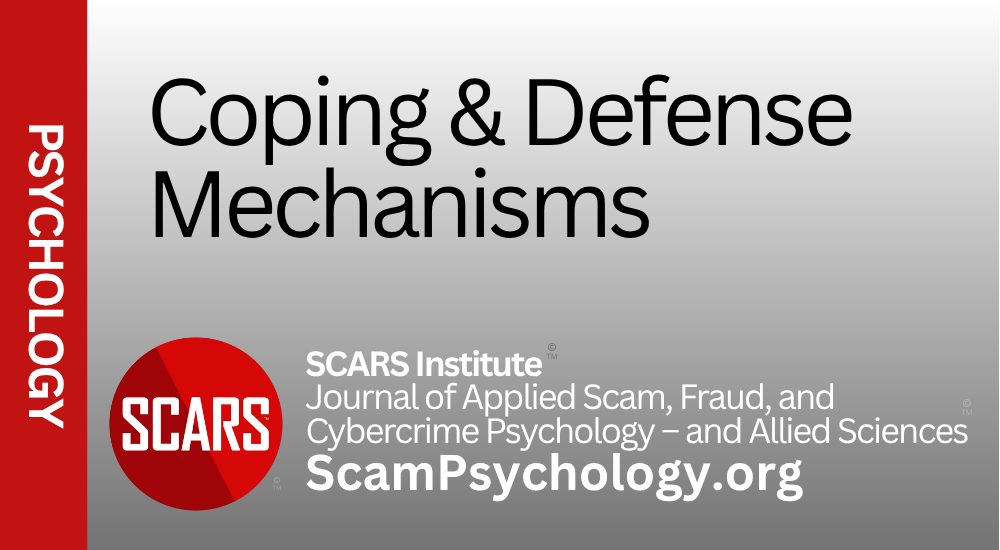
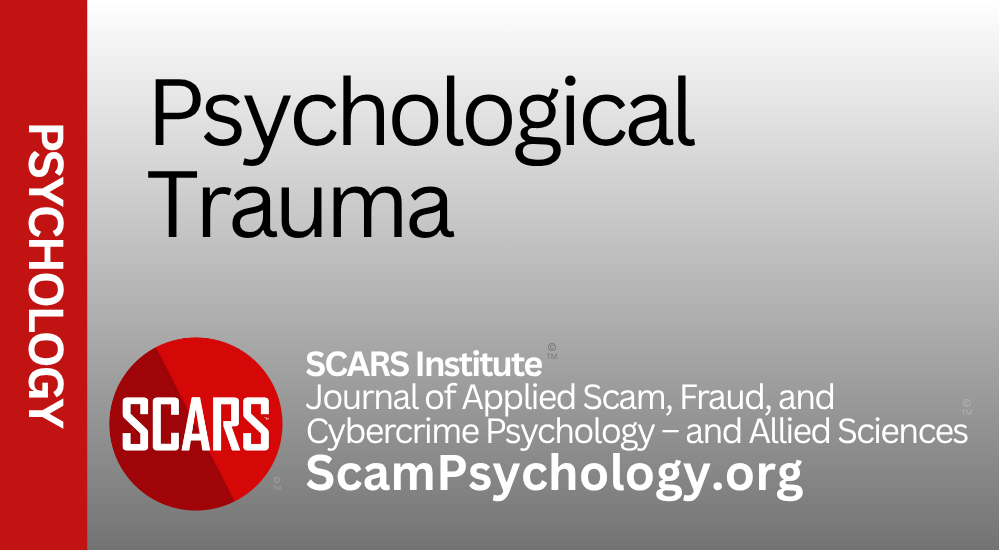
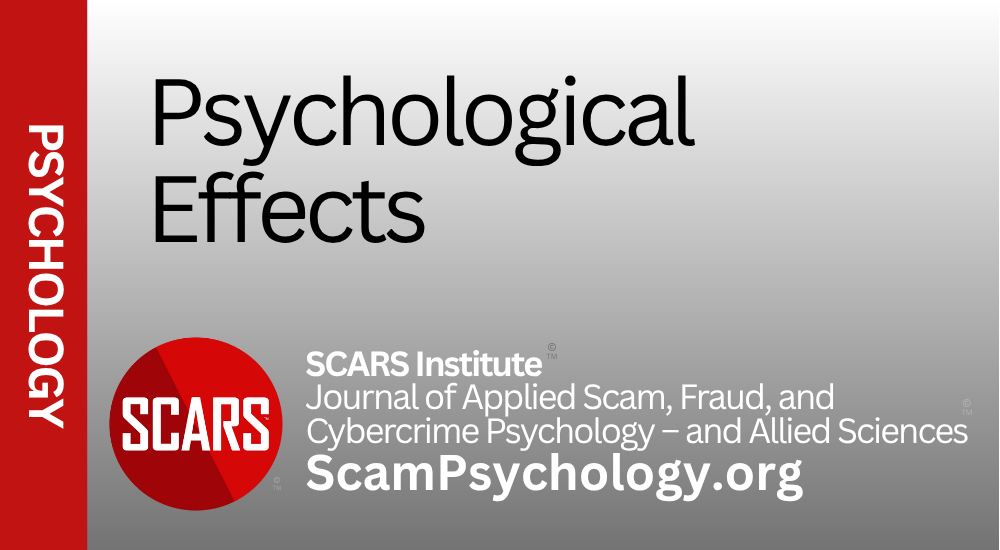
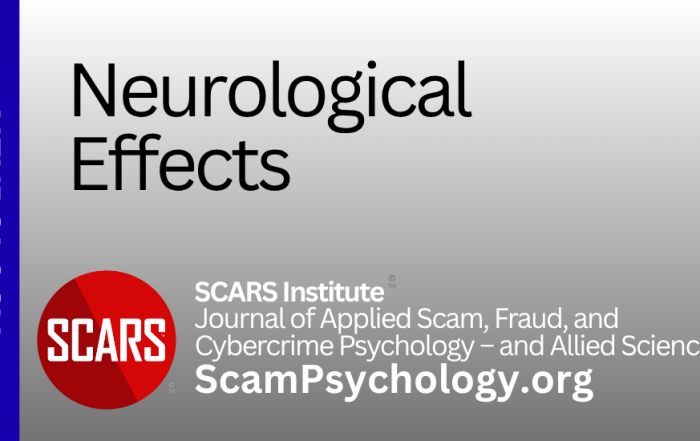

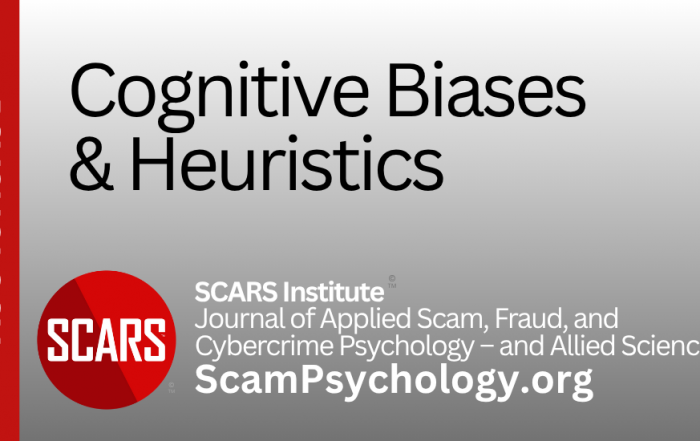
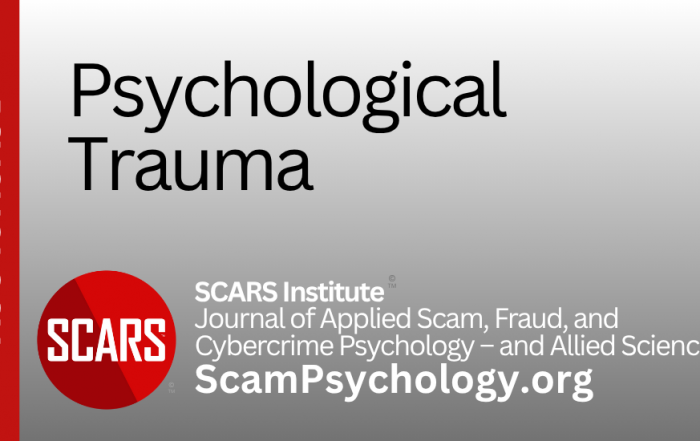
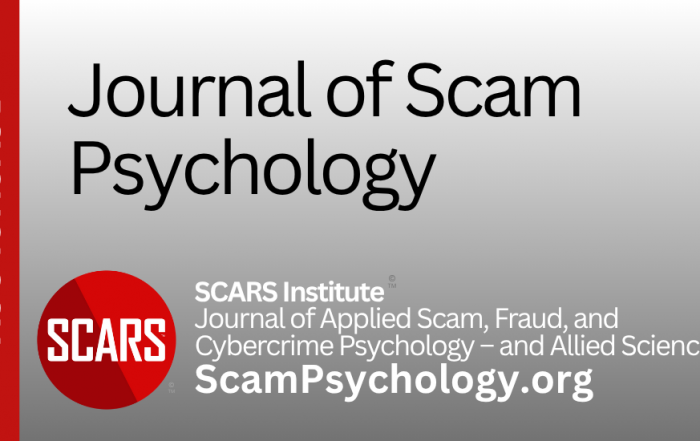
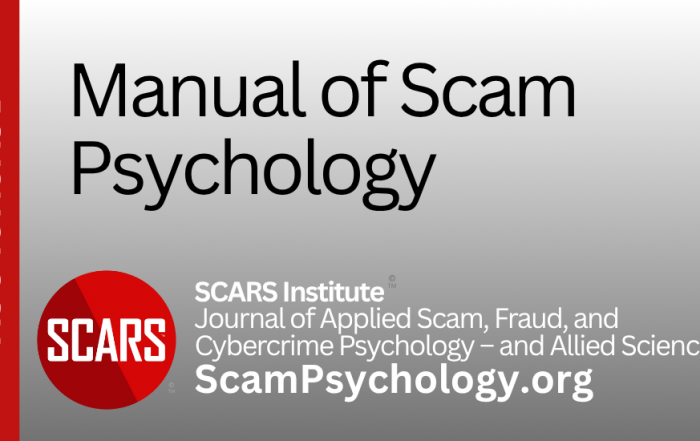

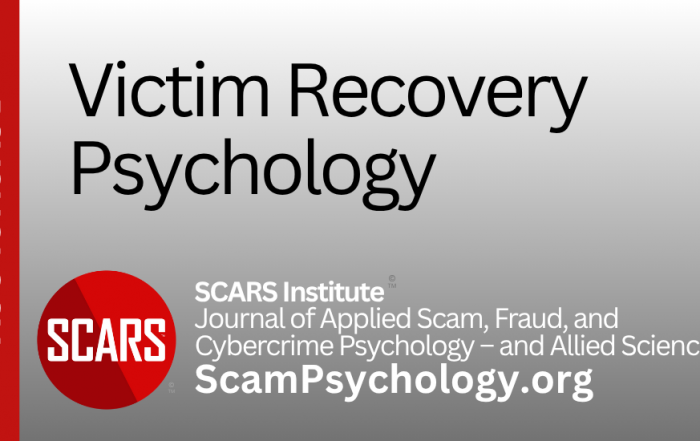
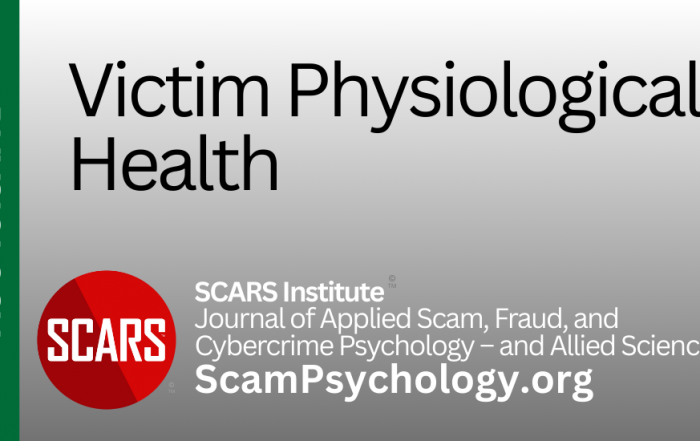

![niprc1.png1_-150×1501-11[1]](https://scampsychology.org/wp-content/uploads/2025/05/niprc1.png1_-150x1501-111.webp)